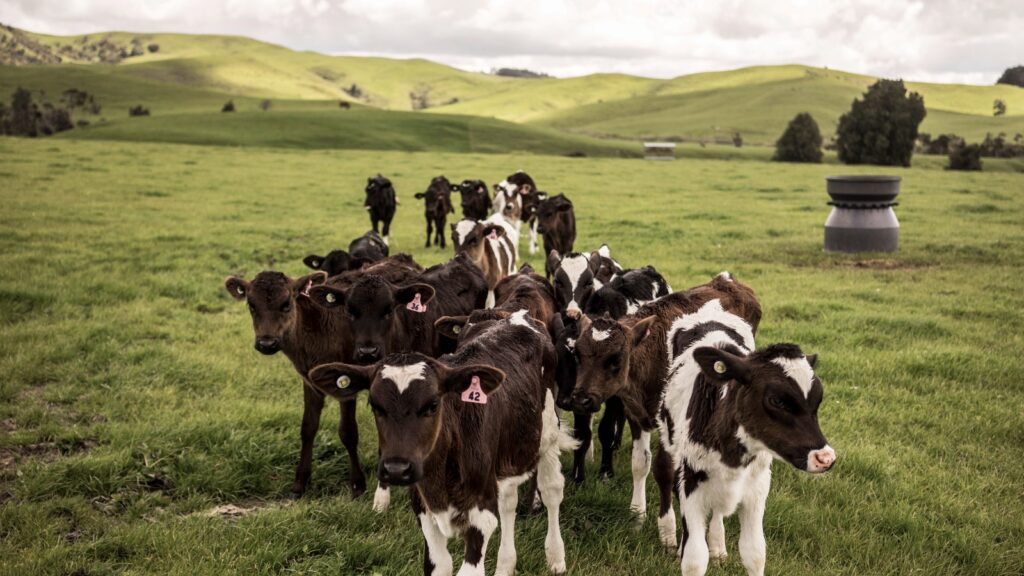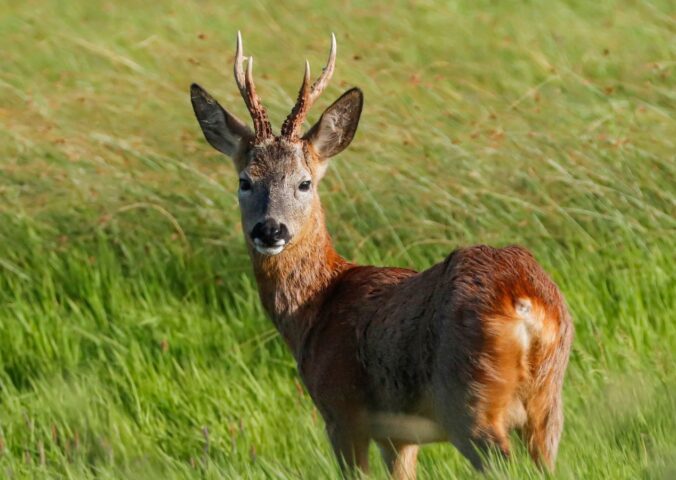A new feature documentary called MILKED launched a petition today that aims to bring together the masses of people who are eager to protect the planet and its inhabitants. Specifically, by dismantling the destructive systems used by the dairy industry.
MILKED – which will soon be available to watch via Plant Based News – takes a deep dive into the dairy sector of Aotearoa (the Māori name for New Zealand). The country is the largest exporter of dairy in the world.
Alongside the film’s premiere, the creators of MILKED have published four variations of a petition that aims to reduce global dairy herds by 25 percent in next three years.
The petitions – aimed at the UK, the US, Europe, and New Zealand – are directed at each country’s leaders. MILKED hopes that global collective efforts can help create a more sustainable food system. And, one that protects the lives of millions of animals too.
The problem with dairy
MILKED acknowledges that the dairy industry is widely considered a “source of national pride.”
But behind the curtain, the industry is said to be damaging the country more than benefiting it.
The dairy sector is Aotearoa’s largest water polluter. And it doesn’t just pollute water, it uses excessive amounts of it too. According to MILKED, 1,000 liters of water is required to produce just one liter of cow’s milk.
Plant-based alternatives are often a different story. Oat milk, for example, uses 13 times less water and 11 times less land than cow’s milk, the organization says.
Further, oat milk generates 3.5 times fewer carbon emissions. New Zealand’s dairy industry is currently producing almost a quarter of the country’s total greenhouse gas emissions on its own. Although MILKED calls this figure a “conservative estimate.”
Perhaps more conceringly, the country’s largest dairy company, Fonterra, is projected to exceed New Zealand’s total national emissions target in the coming decade.
Filmmakers discovered that Fonterra – which initially agreed to an interview but then pulled out – has been underreporting its environmental data.
In one case, Fonterra reported 22 million tons of emission output, when the actual figure was double that. In total, the dairy company is to blame for more emissions than the whole of Sweden.
MILKED stresses that despite industry efforts to sequester carbon, this does not address the expulsion of methane from cows. Notably, methane is 84 times more potent than carbon dioxide.
MILKED the documentary
The new film brings such statistics to light through interviews with high-profile figures like Dame Jane Goodall, environmentalist and actor Suzy Amis Cameron, and Cowspiracy co-director Keegan Kuhn. Academy Award-winning director James Cameron has labeled the film a “powerful wake-up call.”
During MILKED, filmmakers follow activist Chris Huriwai around the country as he speaks with experts in ecology, medicine, and economy, as well as local dairy farmers.
Aside from sustainability concerns, Huriwai takes a closer look at the ethical, animal welfare, and health implications of dairy consumption.
“We originally planned to investigate the environmental and health impacts of all animal agriculture in Aotearoa. But once we got further into researching, it was obvious that dairy was the story to tell,” MILKED director and producer Amy Taylor explained.
Inviting the public to help bolster the documentary’s message, MILKED launched a crowdfunding campaign with a goal of $NZD100,000. Contributors helped the organization exceed the figure in just 12 days, motivating MILKED to extend the funding goal.
Those interested can sign MILKED’s petition to reduce global dairy herds here.






